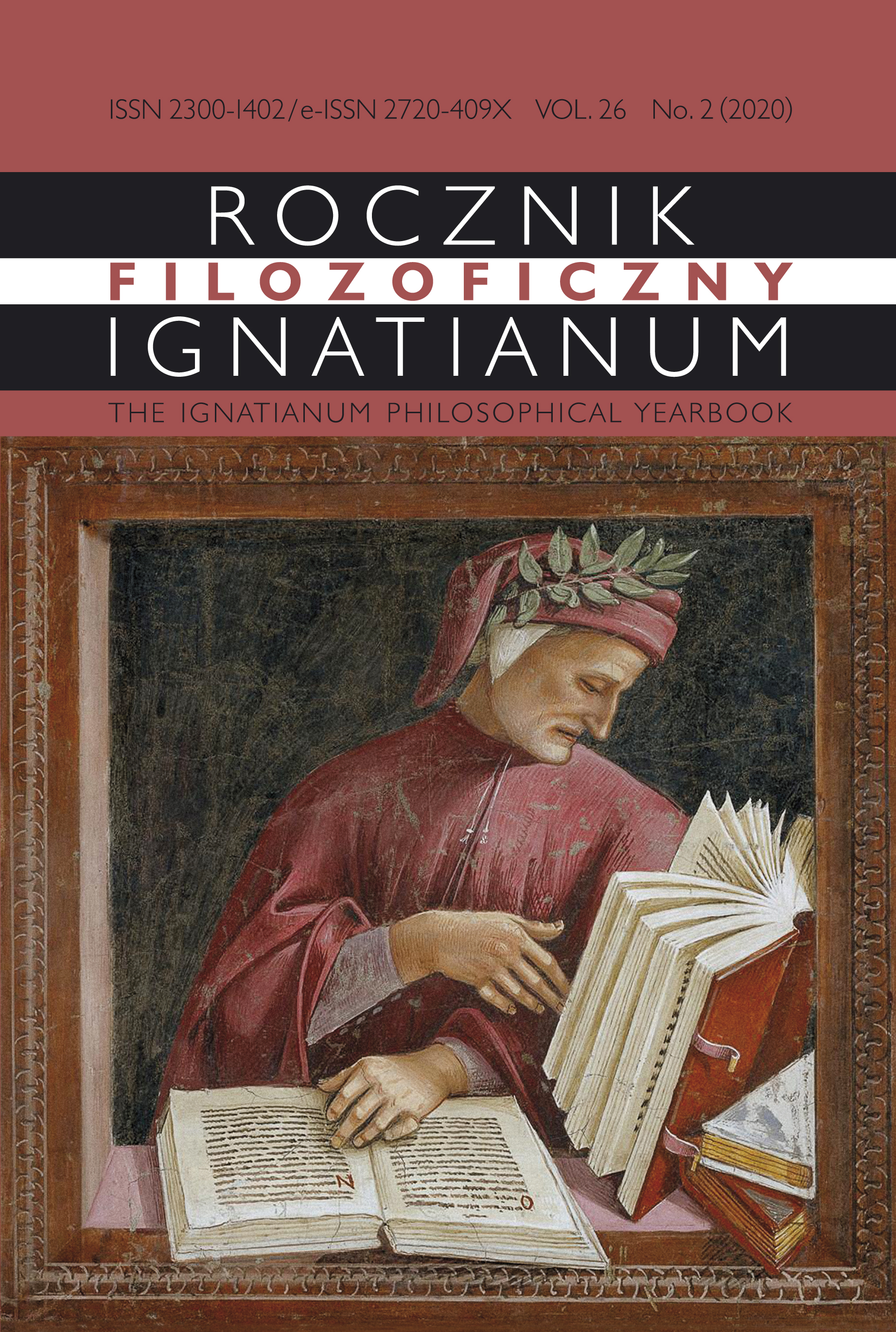The Attempts to Subordinate Religious Education to the School Authorities in 1926–1937
Abstract
The idea of state education developed by activists associated with the governments that ruled in Poland after the May Coup which they put into practice was to educate citizens to be strongly attached to the Polish state, regardless of nationality and religion. All educational factors, including religious education, were to serve this purpose. Based on this assumption, the educational authorities aspired to have a decisive influence on the appointment of religious teachers, determining their qualifications, establishing the curricula and the choice of textbooks. This led to conflicts with Catholic bishops, generally concerned with autonomy and exclusivity in setting rules on these issues. Ecclesiastical autonomy in matters of communicating the faith, formally accepted by law and church authorities, presupposed that the Church determines the content of religious instruction (curricula and teaching manuals), the scope and shape of religious education (religious practices), and selects teachers to communicate the principles of the faith to Catholics on its behalf. The bishops could not give the state a casting vote, for to do so would be to misappropriate their own duties, which stem from the nature of the episcopal mission. This was not understood by the state authorities who were unwilling to compromise in any way between the May Coup and the beginning of 1937 and wanted to have a decisive voice in the appointment and qualifications of religious teachers, in the scope and shape of religious curricula and textbooks, as well as complete control over church organizations allowed to function in schools (with a simultaneous ban on the gathering of children and young people in church organizations and groups).
While church authorities, Catholic columnists and educators, as well as the activists of church organizations spoke out and discussed and even protested publicly about coeducation, the presence of non-Catholic teachers in mainstream schools, and the anti-religious attitude of teachers affiliated with left-wing trade unions, the issues of the appointment and qualifications of religious teachers, curricula and textbooks, on top of the control of church organizations in schools were raised only during discussions and correspondence between the church and school authorities. Except for one statement by the School Committee published in the diocesan journals intended for the clergy, these disputes were not publicized on a national scale by either the Church or the state side.
Copyright (c) 2020 Jesuit University Ignatianum in Krakow

This work is licensed under a Creative Commons Attribution-NoDerivatives 4.0 International License.
The Yearbook only accepts materials for publication that are free of all conflicts of interest, and that in no way involve conflicts over authorship, copyright, etc. The Editors will take action against any cases of plagiarizing, ghostwriting1, guest/honorary authorship2, etc. Where co-authored work is concerned, the Author listed first is expected to take responsibility for the submission, and is required to make clear the contributions of all of the Co-Authors involved. In the event of the publication owing its existence to funding dedicated to this purpose, this fact should be made clear: e.g. in any note of thanks/acknowledgement, or in a footnote, etc. Explicit notification should be given of any form of reprinting, with the appropriate evidence of permission to publish being furnished as required. Any impropriety on the part of Authors/Reviewers risks exposing them to appropriate responses from the relevant institutions.
______
1 This term refers to instances of a person who has made an essential contribution being omitted from the list of authors, or from notes conveying gratitude and/or acknowledgement.
2 This occurs when a person who has made either an insignificant contribution or no contribution at all nevertheless appears on the list of authors.





